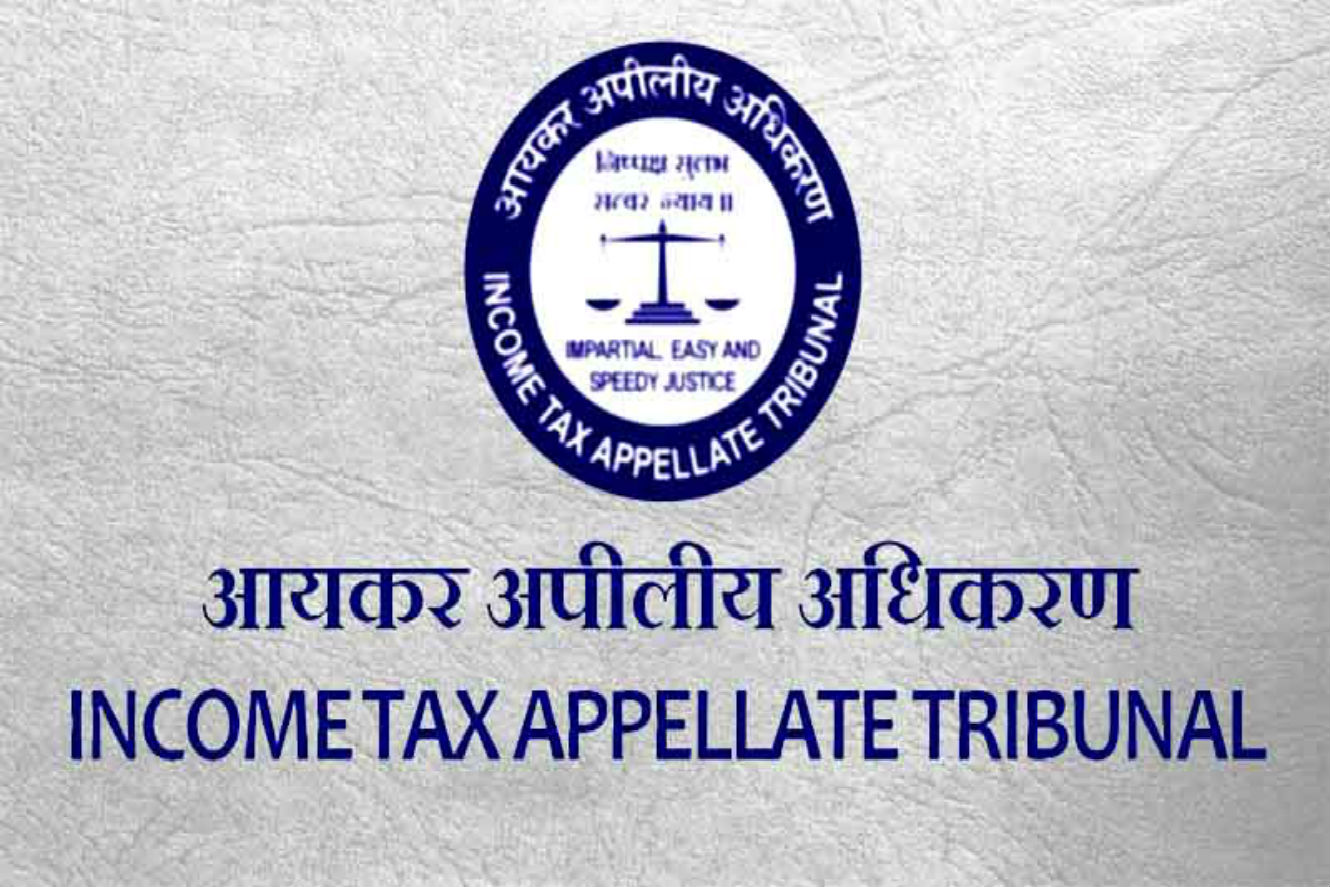Sulaiman, Ag. C.J.
1. These are applications for bail on behalf of accused persons involved in the Meerut conspiracy trial. In the words of the Magistrate : " the charge brought against the accused is one under Part 2 of Section 121-A, I. P. C, namely that they conspired to deprive the King of his sovereignty of British India.
2. The maximum punishment that can be imposed under this section, when the offence as well as its gravity are established, 13 one of transportation for life. In practice the severity of the sentence would vary with the degree of the seriousness of the acts done by each accused who is convicted.
3. The complaint was filed by a police officer against 33 accused persons on 15th March 1929 and all the accused except one were arrested within a week of that date. The inquiry begin in June 1929 and 32 accused persons were committed to the Court of Session in January 1930. One accused person was discharged. The Sessions trial started in that very month and has not yet been completed. The prosecution evidence has however been concluded and the statements of the accused are being recorded. It is expected that the termination of the trial will take several months more.
4. An enormous volume of evidence has been produced by the prosecution, and consists of over 300 witnesses and over 3,000 exhibits. It is not practicable even briefly to consider the bulk of the evidence. Facts which are important for purposes of this miscellaneous proceeding have been put before us in the form of affidavits on behalf of the prosecution. The grounds for release on bail are set forth in the written applications of the accused. To give us a rough idea of the prosecution case and the general nature of the evidence against the accused, the counsel for both parties have also drawn our attention to some passages in the commitment order, and we have also read it.
5. On 23rd April 1931 Mukerji and Boys, JJ., granted bail to two accused, Hutchinson and Nimbkar. Later on the Additional Sessions Judge released four more persons on bail, but refused the applications of the others who had applied for bail.
6. We have before us written applications of 21 accused persons. The cases of the remaining four accused also were for the sake of convenience ordered to be put up before us for consideration. Ordinarily an accused person is expected to move the Sessions Court in the first instance. But in this case it was considered desirable that the cases of all the accused who are in custody should be considered together and not in instalments. Three of these have since intimated that they do not wish to apply for bail. A counsel has been engaged on their behalf as amicus curiae. The fourth had been released on bail on account of his ill-health.
7. As some question has been raised regarding certain legal principles applicable to bail applications it may be convenient to examine the relevant sections of the Code of Criminal Procedure at the very outset.
8. In all bailable cases Section 496, Criminal P. C., makes it imperative that bail should be granted subject to certain conditions.
9. Section 497 (as amended) first gives a discretion to the Court (particularly Magistrates) to order release on bail even in cases of nonbailable offences. This prima facie gives a Court both power to grant bail and power to refuse bail. But such a wide discretion is to some extent controlled by two restrictions. Sub-section (1) provides that if;
there appear reasonable grounds for believing that he has been guilty of an offence punishable with death or transportation for life,
then he shall not be released. On the other hand, Sub-section (2) provides that if:
there are not reasonable grounds for believing that the accused has committed a nonbailable offence,
the accused shall be released on bail. Sub-section (4) provides that if, after the conclusion of the trial, there are reasonable grounds for believing that the accused is not guilty, he shall be released. It is obvious that where the prosecution can satisfy the Court that there appear reasonable grounds for believing that he has been guilty of such a serious offence as is punishable with death or transportation for life, the Magistrate has no discretion to grant bail. On the other hand, if the defence can satisfy the Court that there are no reasonable grounds for believing that the accused has committed any nonbailable offence at all (not necessarily one punishable with death or transportation for life), or that there are reasonable grounds for believing that he is not guilty, then the Court has no option but to grant bail. In every other case, where it cannot be shown affirmatively that there are reasonable grounds for believing that he has been guilty of an offence punishable with death or transportation for life, or where it cannot be shown clearly that there are no reasonable grounds for believing that he has committed any nonbailable offence, or it cannot be shown that there are reasonable grounds for believing that he is not guilty, the Court is free to exercise its discretion having regard to all the circumstances brought to its notice.
10. Section 498, Criminal P. C., gives an unfettered discretion to the High Court or the Court of Session to admit an accused person to bail. It is a mistake to imagine that Section 498 is controlled by the limitations of Section 497, except when there are not reasonable grounds for believing that the accused committed the offence, or there are reasonable grounds for believing that he is not guilty, in which cases it becomes a duty to release him. Magistrates can proceed u/s 497 only and their discretion is regulated by the provisions of that section; but Section 498 confers upon a Sessions Judge or the High Court wide powers to grant bail which are not handicapped by the restrictions in the proceeding section. That discretion is unfettered but of course it cannot be exercised arbitrarily, but must be exercised judicially. There is no hard and fast rule and no inflexible principle governing such discretion. The only principle that is established is that there should be a judicial exercise of that discretion. It is not any one single circumstance which necessarily concludes the decision, but it is the cumulative effect of all the combined circumstances that must weigh with the Court. The considerations are too numerous to be classified or catalogued exhaustively.
11. The learned Judges in the case of
12. It has been observed by Mukerji, J., that
on general principles, and on principles on which Sections 496 and 497 (as amended in 1923) are framed the grant of bail should be the rule and the refusal of bail should be the exception.
13. With great respect, we do not think that any such rule exists as regards serious nonbailable offences which are punishable with death or transportation for life. On the other hand, in cases where there is a reasonable ground for believing that the accused has been guilty of an offence punishable with death or transportation for life, as regards which the legislature has thought fit to prohibit Magistrates from granting bail at all, the grant of bail by a Sessions Judge or the High Court, who have undoubtedly power u/s 498, Criminal P. C., is to made not as a general rule but only in exceptional cases. This is particularly so when the accused is on his trial, the prosecution evidence is closed and the Sessions Judge has refused to exercise his discretion in his favour. This is a rule of practice and caution only.
14. But we feel that we must point out that the learned Additional Sessions Judge has very improperly gone out of his way to criticize the soundness of some of the observations made by a learned Judge of this Court in the case of Hutchinson and Nimbkar which he was bound to respect, and to question the method adopted by the High Court for calling for affidavits, the language chosen and the tone adopted by him at some places are objectionable, and it is regrettable that he did not express himself less unhappily.
15. We think that we must take into consideration all the circumstances disclosed by the affidavits filed before us as well as by the extracts from the committal order to which our attention has been drawn. It would embarrass the Additional Sessions Judge if we were to deal with the case of each accused separately and give reasons for the existence or otherwise of reasonable grounds for his complicity, or reasons for or against the gravity of the charge, or the degree of punishment likely to be imposed. Such opinion, based on the meagre materials before us, would seriously handicap the Additional Sessions Judge in arriving at his own conclusions. In our opinion, the best course in the special circumstances of these cases is to refrain from giving separate reasons in the case of each accused, and simply to state our final conclusions.
16. We are of opinion that Desai, Thengdi, Alve, Jhabwala, Kadam and Saigal shall be released on bail on condition of their executing each (excepting Thengdi) a personal bond in Rs. 2,000 with two sureties, each surety to be in Rs. 2,000 and to be to the satisfaction of the District Magistrate of Meerut. While on bail these accused shall not take part in any public demonstration or agitation of any kind and shall not make any public speeches or contribute anything to the public press.
17. In the case of Thengdi the personal bond shall be for Rs. 4,000. The amount of the sureties and the other conditions to be the same as in the case of the others.
18. The applications of the rest are dismissed.

